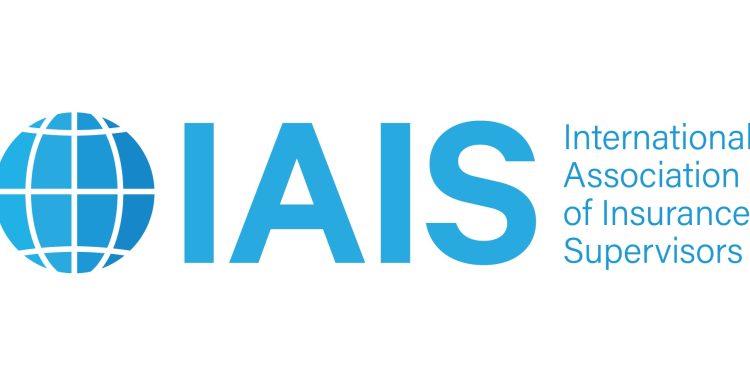Climate Risk Management Application Paper
The International Association of Insurance Supervisors (IAIS) releases a climate risk management application paper aimed at providing climate risk management guidelines for insurance industry regulators.
The International Association of Insurance Supervisors believes that climate risk is an important source of financial risk, and insurance industry regulators must strengthen climate risk management to adopt globally consistent methods to identify, detect, and respond to climate risk.
Related Post: United Nations Environment Program Launches Forum for Insurance Transition to Net Zero
Introduction to Climate Risk Management Documents
Based on the Insurance Core Principles (ICPs), the International Association of Insurance Supervisors categorizes climate risk into the following aspects, and includes some ICPs in each aspect:
Qualitative and Quantitative Considerations in Insurance Industry
- ICP 7 Corporate governance: Regulatory agencies should require the insurance industry to incorporate climate change at the board level and consider climate related factors in strategic planning. The board should oversee climate risks and make climate-related decisions.
- ICP 8 Risk management and internal control: Regulatory agencies need to consider the impact of climate risk on existing risk categories and require the insurance industry to incorporate climate risk into risk management and internal control.
- ICP 14 Valuation: Regulatory agencies should review the methods used by the insurance industry in asset valuation and liability valuation to determine whether the impact of climate risk on valuation has been considered, and whether the sources of valuation method information are effective.
- ICP 15 Investments: Regulatory agencies should consider the impact of climate change on investments in the insurance industry, which should view climate risk as part of asset liability management and consider investors’ preferences for climate change. Insurers should consider climate risk in long-term investments.
- ICP 16: Enterprise risk management for solvent purposes: Regulatory agencies should require the insurance industry to identify climate risks in its business portfolio and assess their impact on underwriting strategies. The insurance industry should include descriptions of monitoring and managing climate risks in risk policies.
Regulatory Reports and Public Disclosures
- ICP 9: Regulatory review and reporting: Regulatory agencies should establish climate risk monitoring and discussion processes and consider publicly disclosing which information to disclose.
- ICP 20: Public disclosure: Regulatory agencies should choose internationally recognized climate disclosure frameworks to publicly disclose climate related risks and their specific indicators, providing reference for market participants and investors.
Macro Prudential Regulations and Cooperation
- ICP 24: Macroprudential supervision: Regulatory agencies should regularly and systematically collect climate information, summarize, analyze, and present climate data to monitor the impact of climate change on the macro economy, and adjust corresponding regulatory measures based on changes in insurance industry risk exposure and activities.
- ICP 25: Regulatory cooperation and coordination: Regulatory agencies may consider collaborating with relevant agencies in other jurisdictions to measure the climate risk exposure of the insurance industry.
Scenario Analysis
- ICP 16 Enterprise risk management for solvent purposes and ICP 24 macroprudential supervision: The complexity of climate change makes scenario analysis and stress testing crucial. Regulatory agencies can assess the impact of climate risks on the assets and liabilities of the insurance industry through scenario analysis, providing reference for determining systemic importance. Regulatory agencies should also consider whether the insurance industry incorporates climate risk into its risk management framework and test the robustness and adequacy of its solvency.
Market Conduct Related Issues
- ICP 19: Conduct of business: To avoid greenwashing, regulatory agencies should establish standards for sustainable product characteristics and review whether insurance industry products meet their sustainable development goals. Regulatory agencies should also require clear, fair, and non-misleading product promotion processes to reflect the sustainable development practices of enterprises.
Reference:
Application Paper on the Supervision of Climate-related Risks in the Insurance Sector








